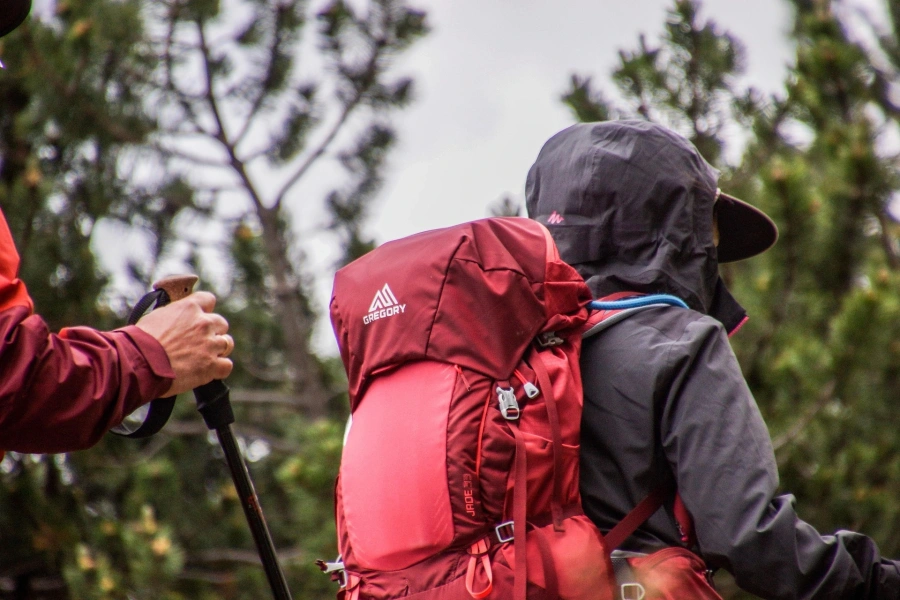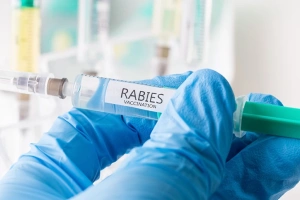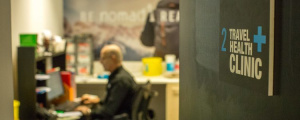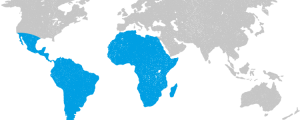With the continuous rise in backpacking holidays, providing travel health advice for travellers has become increasingly challenging. It’s crucial to seek specialist travel health advice to ensure your well-being during your trip. From vaccinations and mosquito bite prevention to dietary precautions and more comprehensive preparation is essential.
Vaccinations – Travel Tips & Health Advice for Backpackers
Vaccination Awareness:
Backpackers are at a higher risk of encountering various diseases abroad and typically require a more extensive vaccination program. Vaccines may include Hepatitis B, Rabies, Japanese Encephalitis and Meningitis, depending on the country you are visiting.
Plan Ahead:
Ensure you have ample time to complete necessary vaccination courses before departure. Consult with a specialist travel health professional no less than 6 – 8 weeks prior to travel to get the most up-to-date advice based on your destinations. However, it is never to late to get good travel health advice.
Emergency Medication:
It is essential to travel with a first aid kit that includes bandages, antiseptics, pain relief and any personal medications. Your travel health professional may also recommend carrying emergency standby antibiotics; such as Azithromycin for Travellers diarrhoea if travelling to a country where food and water standards and personal hygiene facilities are poor.
Personal Health
Evaluate Your Health:
Before embarking on your backpacking adventure, assess whether your personal health is sufficient for the journey. If you have a significant medical condition (e.g. inflammatory bowel disease, diabetes, epilepsy, asthma, heart problems) it is important to consult with your healthcare provider to discuss potential risks, necessary precautions and management.
Know Your Limits:
If travelling at altitude, ensure you take the first 2 to 3 days to acclimatise before going any higher. This is to allow your body to adapt to the changes in oxygen pressure and ensure you can handle the physical and mental challenges of the environment. It is important to have awareness and knowledge of altitude sickness when travelling and camping at altitude so that you can keep yourself safe and well.
Safety & Security
Protect Your Belongings:
Keep a close eye on your possessions at all times and never leave then unattended. Wear a cross-body bag or money belt in front of your body so you always have security of your belongings. Avoid carrying items of sentimental value and refrain from displaying personal wealth.
Nightlife Safety:
Many backpackers rest during the day and socialise at night. Choose clubs frequented by fellow travellers and always watch your belongings . Buy your own drinks and never leave drinks unattended as these can be spiked with the intention to distract and thieve, or commit sexual advances and assault. If in doubt, get a fresh drink to avoid potential tampering. Stay with friends and watch out for each other.
Safe Travel Practices:
Avoid walking alone at night and where possible, always travel with someone you know, and use authorised reputable taxis or public transport. Having money on your person kept in a separate location to your other belongings can be helpful in case of a mugging or other emergency.
Be Cautious with Others:
Never carry items for another person. If your belongings have been out of your sight, thoroughly check them before passing through customs to ensure nothing has been added.
General health and safety tips
Stay Hydrated and Eat Safely:
Drink bottled or purified water and be cautious about where and what you eat. Avoid street food if it appears unhygienic and opt for freshly cooked meals.
Prevent Mosquito Bites:
Dengue, Chikungunya, Zika, Yellow Fever and malaria are all mosquito born diseases present in many countries. Use an insect repellent and reapply frequently. Wear long loose clothing and consider using permethrin to treat clothing to add additional protection against all insect bites. Sleep under mosquito nets when necessary to protect yourself from mosquito-borne diseases.
Insurance:
Travel insurance is essential. It is vital that it covers any pre-existing medical conditions, medical emergencies, any activities you plan to do (e.g. diving) as well as trip cancellations and theft.
Stay Informed:
Keep updated on local health advisories. Get advice and safety information for the regions you are visiting through the Government foreign travel advice service. Register with your embassy if possible.
At Masta, we know the risks of travelling as a backpacker and the importance of being
prepared. By following these guidelines, you will be able to significantly reduce health
risks and travel safely, so you can enjoy your backpacking adventure.





